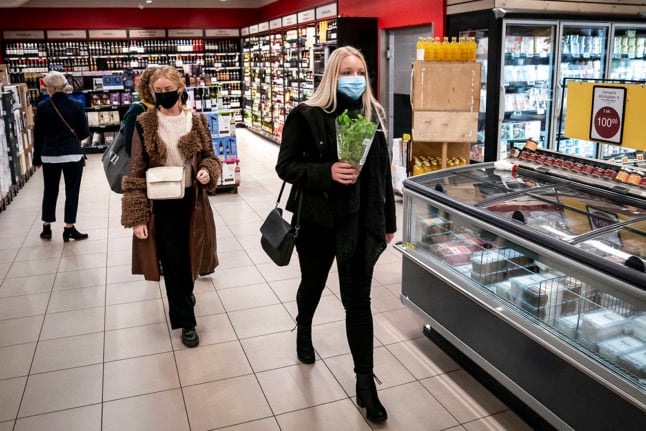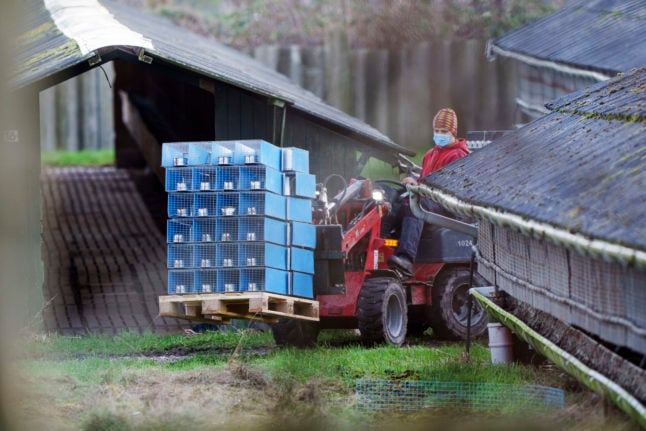The Commission said it recommends the end of current Covid-19 restrictions on January 31st, but that entry test and isolation rules for travel to Denmark are extended. Face mask use at hospitals and in elderly care should continue, it also said.
Travel rules should be based on the model used until rules were tightened in late December, the Commission said.
Should the recommendations of the Commission be followed, Covid-19 will also cease being categorised as a critical threat to society.
The classification, currently scheduled to expire on January 5th, is important because it impacts the ability of the government to introduce restrictions aimed at curbing spread of the virus.
Frederiksen is expected to make an announcement at a briefing on Wednesday.
READ ALSO:
- Denmark ‘could lift all’ Covid-19 restrictions at end of January
- The Covid-19 restrictions currently in effect in Denmark
Current Covid-19 restrictions include requirements to wear a face mask on public transport, in stores and a list of other public settings; and the use of the Covid-19 health pass, the coronapas, at restaurants, cafes, gyms and long-distance rail and bus services amongst other settings.
In its recommendations issued late on Tuesday, the Commission stated that Denmark is now in a “new epidemic situation where high and increasing transmissions do not transfer to admissions to hospitals to the same extent as before”.
While daily infection totals have continued to grow in recent weeks, the number of patients in hospital with Covid-19 has not increased by a corresponding amount and the number of patients admitted to ICUs has begun to decline.
An additional 46,950 new cases of the virus were registered on Tuesday with hospital patients with Covid-19 up to 918. This includes 222 people admitted to psychiatric wards who have Covid-19 but it is not the cause of their admission.
44 patients at Danish hospitals are under intensive care treatment for Covid-19, with 28 of them receiving ventilator treatment.
“The decline in admissions is probably due to the effect of booster vaccination as well as the lesser ability of Omicron to elicit serious illness,” the Commission stated in its recommendations.
Although it no longer believes Covid-19 should be classed a critical threat to society, some measures to limit transmission are still beneficial, it said.
As such, large indoor events could be asked to use the coronapas and social distancing measures, and workplaces could take precautions to protect staff once home working ends, it said.
In general, the advisory board advocated a switch in focus from requirements and rules to recommendations.
A final decision on changes to restrictions is taken by the government, which must get approval from a majority in parliament before implementing changes.
The Epidemic Commission gives both medical and economic advice to the government regarding its ongoing management of the pandemic.
Its members include representatives from all the various health authorities as well as the National Police. Senior civil servants from various ministries are also present.
The government and parliament generally broadly follow the recommendations made by the Commission.



 Please whitelist us to continue reading.
Please whitelist us to continue reading.
Member comments